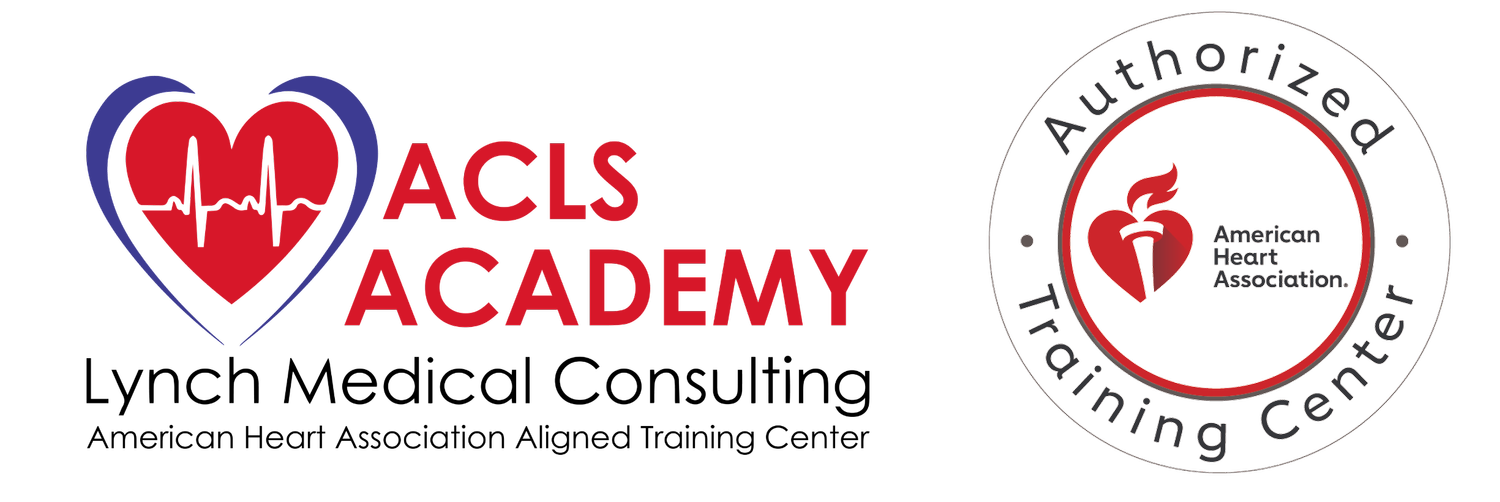Very few folks look back at 2020 and think positively about the myriad of changes the world experienced, EXCEPT when it comes to the idea that doing everything in person is necessary. The time we spend shuttling ourselves and loved ones from place to place can absorb a significant part of any day. Sure there are things we prefer and enjoy doing in person, but fitting in those continuing education (CE) credits at a half-day or all-day class might not be one of them. Indeed, the material may be well known and understood by you, so why sit through hours-long classes listening to the instructor cover this material? Thank goodness for blended learning where from the comfort of your own home, or whatever location you choose, you can complete the coursework online and only have to show up for the in-person skills session.
While a blended learning approach is convenient, the little devil’s advocate sitting on your shoulder may be snidely asking if blended learning works. Our emphatic answer is YES, and we have a study to back that up. A systematic review of randomized control trials was conducted and published in Science Direct in November 2023. The review examined the effectiveness of the BLS blended learning module on knowledge and skills of Basic Life Support (BLS) compared to the traditional in-person module.
There a number of approaches to teaching a BLS course. The first method is traditional face-to-face instruction. Another option is the blended approach, which is separated into two sections: a face-to-face component and an online section. The traditional approach, also known as offline, is designed to provide in-person instruction for students seeking a BLS certificate. The goal of blended learning (BL), which combines offline and online instruction, is to provide online sessions before bringing a candidate in for in-person instruction and training.
Although the findings of the review suggest that BL is as effective in teaching BLS as a traditional face-to-face method for educational outcomes, some aspects are better in the BL. These aspects include but are not limited to knowledge, skills acquisition, and cost saving. Referencing a separate 2021 review to understand the effectiveness of BL in BLS training among nursing students revealed BL is superior to face-to-face BLS learning in terms of knowledge, attitude, skills, self-efficacy, problem-solving abilities, and willingness to perform resuscitation. Additionally, the beneficial effect of BL also extends to lowering the cost of such courses and reducing the expense on candidates, providers, and suppliers of BLS.
Finally, the challenges of emergency crises such as the COVID-19 pandemic, which restricted face-to-face meetings in all life events, emphasize the need for another educational module. Blended learning or distance learning (DL) has provided an excellent result in dealing with trauma patients and as an alternative to traditional approaches in this pandemic.
Now that you can effectively silence your devil’s advocate about the BL approach, we hope you will take advantage of ACLS Academy’s curriculum and expert instructors to complete your CE and achieve your career goals in the best way for you!
ACLS Academy is an authorized American Heart Associate (AHA) Aligned Training Center. We have three convenient locations in Massachusetts – Quincy, Bridgewater, and Newton Center with most of our classes including an online component to minimize in-class time. The following courses at ACLS Academy offer the option to complete the coursework in a BL format:
Heartsaver CPR/AED or CPR/AED/First Aid or Pediatric CPR/AED/First Aid
Neonatal Resuscitation Program (NRP)
Trauma Nursing Core Course (TNCC)
Emergency Nursing Pediatric Course (ENPC)
Each class has an online module with links to additional information that you are provided before the course date to let you learn at your own pace, apply what you know, and receive immediate feedback. Plus, you can refer back to the information at any time. The modules are a complete case study process — taking you through an entire sequence of care, followed by the in-person skills session to develop your proficiency in the procedure.
Sign up here for ACLS Academy's courses, or contact us for questions or additional information.

